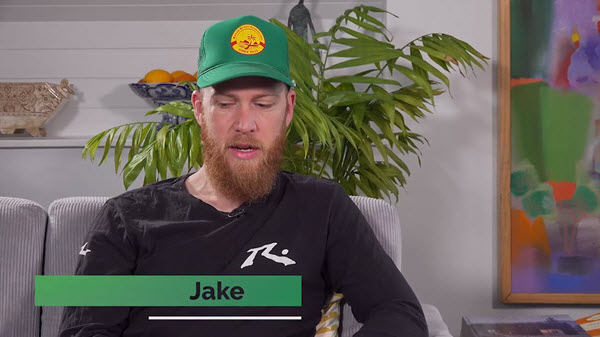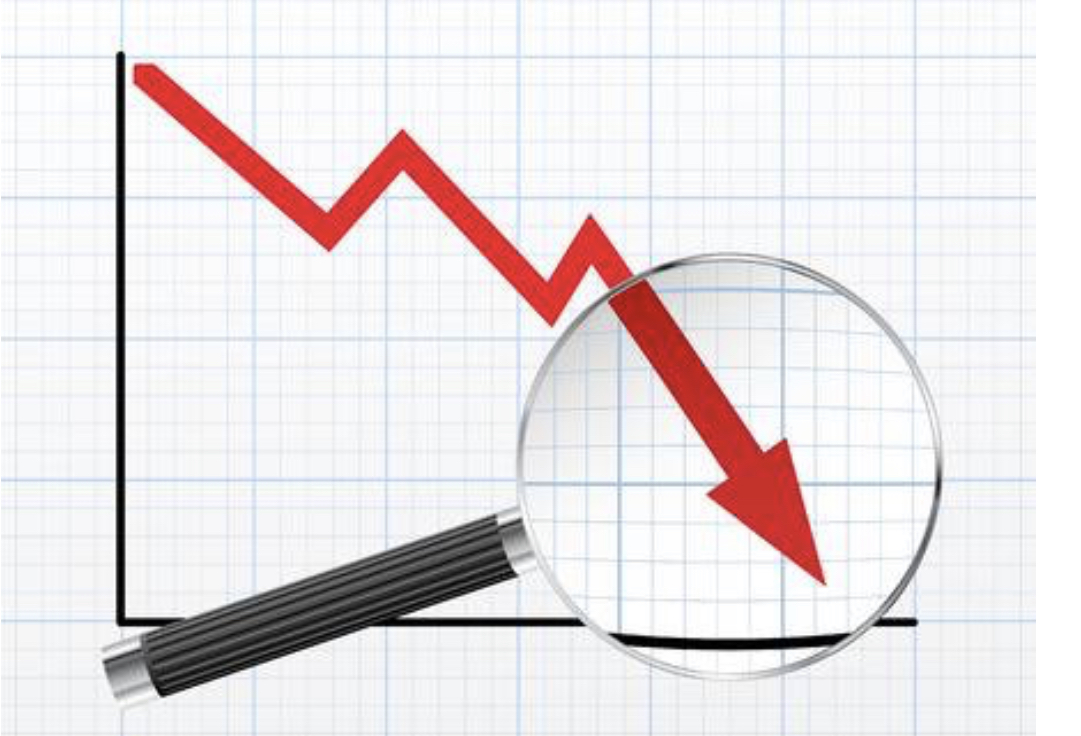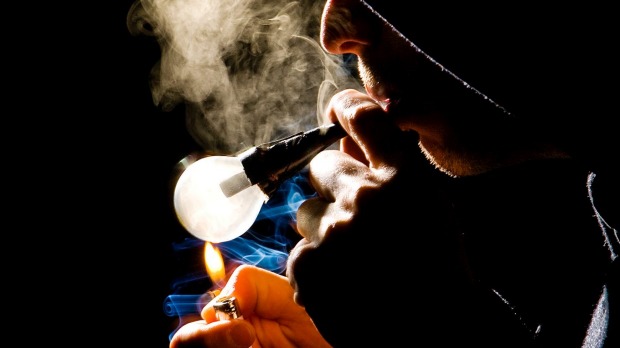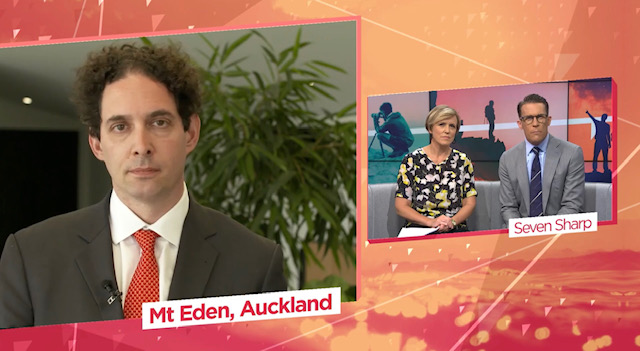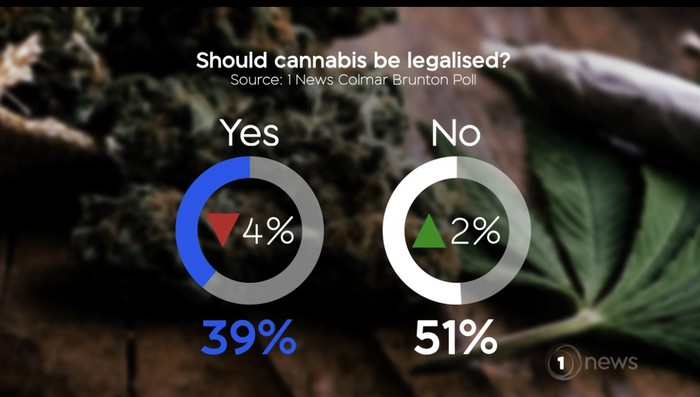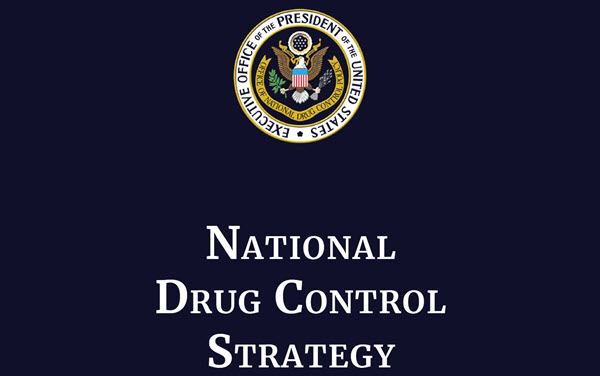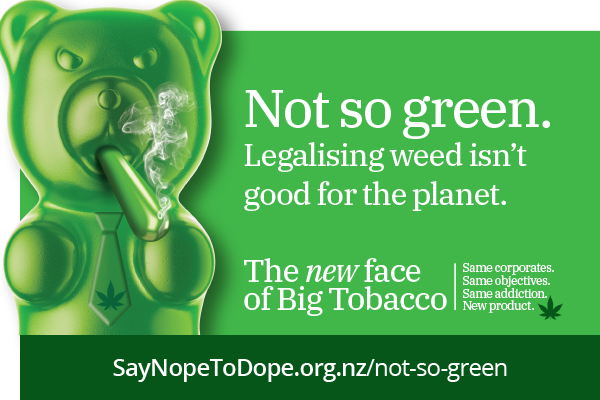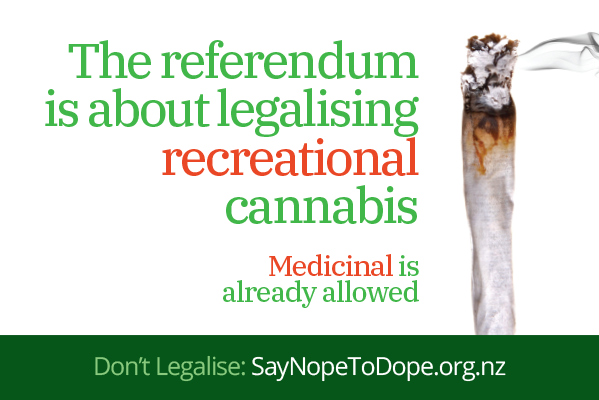
NZ Herald 21 February 2020
Family First Comment: McCoskrie attributed the decline of the ‘yes’ vote to the strength of the ‘no’ campaign so far, including a 24-page pamphlet that had been delivered nationwide. He added that people had mistakenly thought the referendum was about medicinal cannabis, and had changed their minds from ‘Yes’ to ‘No’ when they realised it was about personal use.
Recent polls on legalising recreational cannabis show support falling for the ‘yes’ vote, but also a significant number of undecideds who could ultimately swing the September 19 vote.
The ‘yes’ and ‘no’ campaigns are pulling together funding and strategies to reach voters – including the roughly 10 per cent of undecided voters – in what is expected to be an intense and potentially ugly campaign.
Both sides are already accusing the other of misinformation and of being in the financial shadow of the other.
The referendum is being held as part of the Labour-Greens confidence and supply agreement, and the Government has released a draft bill detailing what legalisation would look like.
This week two polls – Newshub Reid Research and 1 NEWS Colmar Brunton – both showed 39 per cent support to legalise recreational cannabis use; the ‘no’ vote had 48 per cent support in the former and 51 per cent support in the latter.
1 News Colmar Brunton has shown 47 per cent support for legalisation in 2017, 46 per cent in 2018, and 43 and 39 per cent in two polls last year, while a Newshub Reid Research poll last year had 42 per cent supporting legalisation.
Polls by Horizon have also seen a decline in support for legalisation, dropping from 60 per cent a year ago to 48 per cent in November.
READ MORE: https://www.nzherald.co.nz/nz/news/article.cfm?c_id=1&objectid=12310176
New Zealanders back legal weed once they know the facts – poll
NewsHub 21 February 2020
Kiwis will vote to legalise cannabis if they actually know what they’re voting on, pro-legalisation campaigners have claimed.
A referendum later this year will ask whether recreational use of the popular drug should be made legal. Recent polls have found support for legalisation slipping.
But a new poll has found when voters are told what’s in the proposed legislation, support for legalisation comfortably outweighs opposition.
“It’s going to be really important that people understand what is proposed, and they have good access to accurate, evidence-based information about the issue and the likely impacts of the law change so they can make an informed decision,” said Holly Walker, deputy director of the Helen Clark Foundation, which paid for the polling, conducted by UMR.
When first asked, respondents were almost evenly split on legalisation – 46 percent for, 44 against and 10 undecided. But once the details of the Government’s draft Cannabis Legalisation and Control Bill were explained, support grew to 50 percent, opposition fell to 42 percent and undecided dropped to 8 percent.
READ MORE: https://www.newshub.co.nz/home/politics/2020/02/new-zealanders-back-legal-weed-once-they-know-the-facts-poll.html

